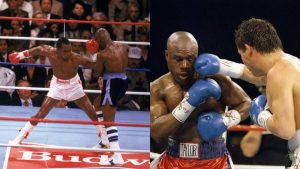Massive Hits From 1972 That Aren’t So Easy To Remember
Some songs capture a feeling or ride a beat so effectively that they seem to last forever. Whether the public just never stops loving them or they find their way in different movies, these hits are practically remembered as shorthand for the decades they originated.
However, for every song we remember from a bygone era, there are about ten we don’t. And when those songs were recorded over half a century ago, it’s pretty much inevitable for memories of them to get a little hazy. Although not everything listed here will have fallen down that memory hole, more of them will than it may seem.
Roberta Flack – "The First Time Ever I Saw Your Face"
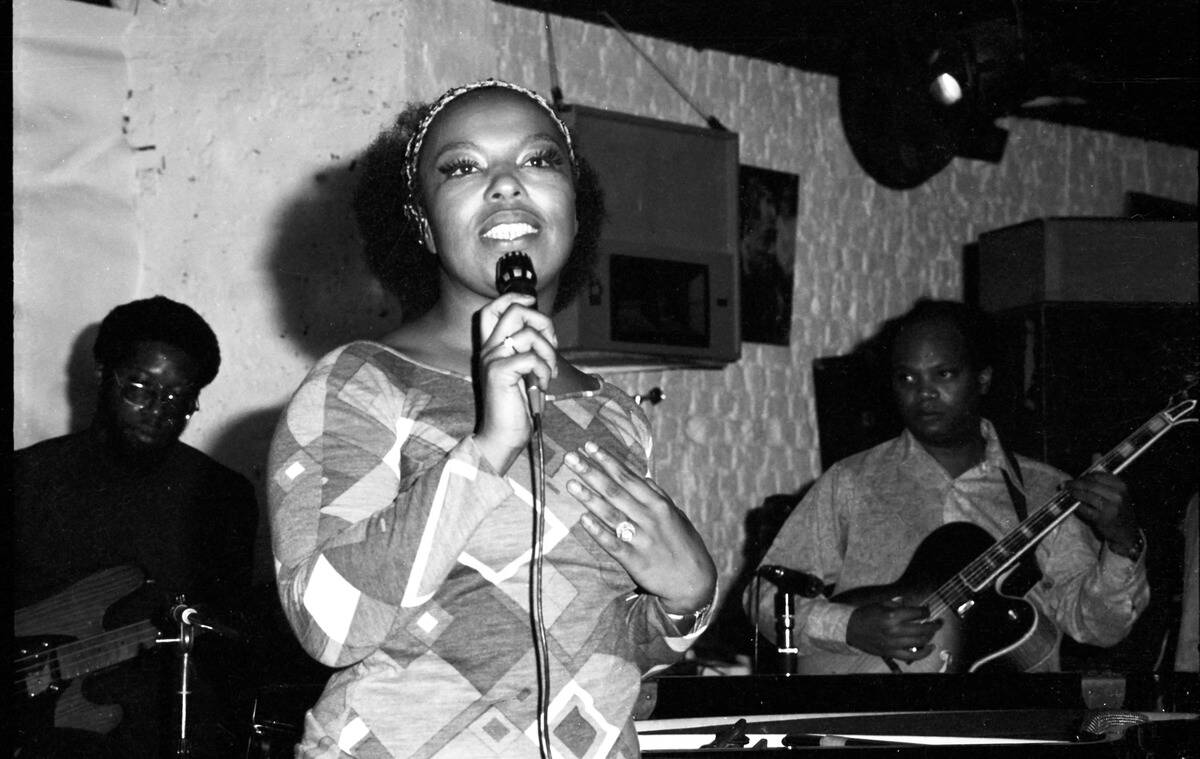
Although she’s perhaps better known for her version of "Killing Me Softly With His Song," that was only one of Roberta Flack’s number-one hits from the early to mid ’70s. Neither it nor any of her others would have ever had a chance to flourish if not for one beloved cover.
Flack’s version of the 1957 song "The First Time Ever I Saw Your Face" wasn’t a massive sensation when she recorded it in 1969, but the song ended up receiving such a big boost from the 1971 Clint Eastwood movie Play Misty For Me that it would become the biggest hit of 1972. It was number one on the Billboard Hot 100 for six weeks.
Neil Young – "Heart Of Gold"
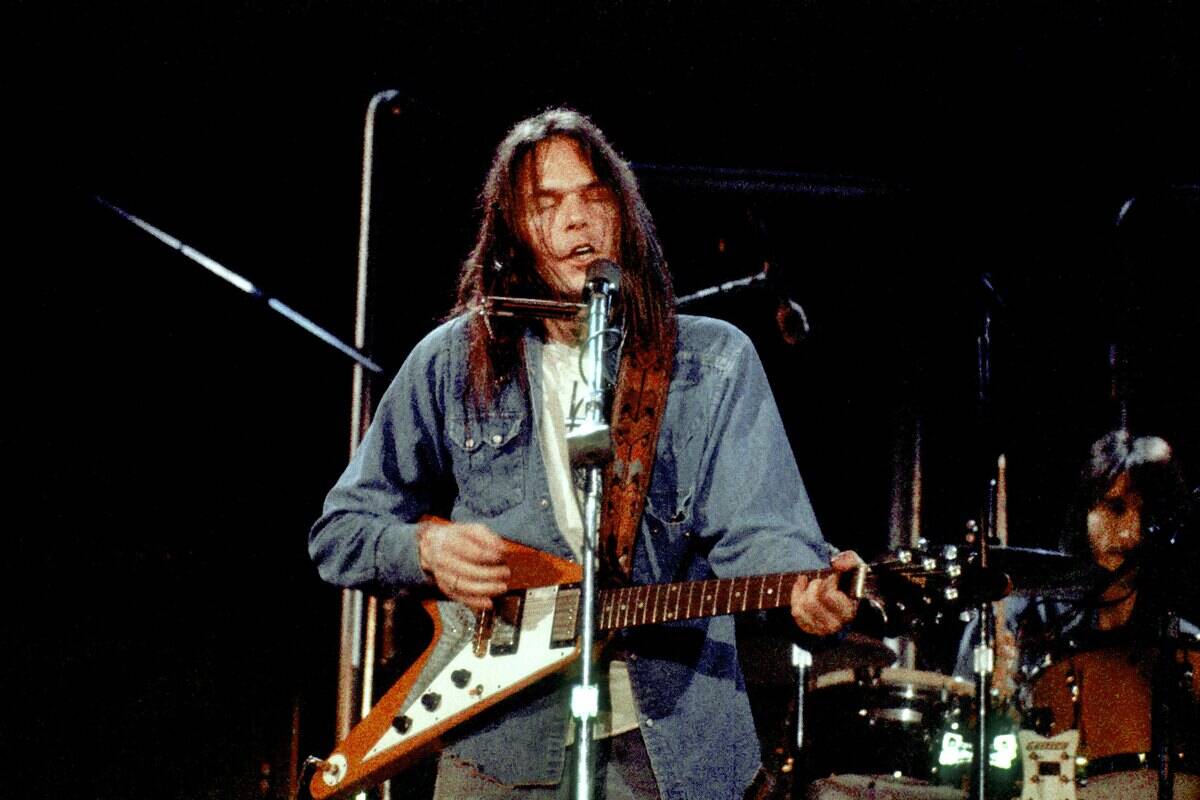
Considering how large Neil Young’s legend looms over rock and folk history, it’s probably a little surprising to learn that he only had one number-one hit. Indeed, it may be even more surprising to learn that it was also his only song to ever make it into the top ten on the Billboard Hot 100.
Nonetheless, if any of Young’s songs should have that distinction, it’s only right that his soulful, wistful, timeless classic "Heart Of Gold" from his 1972 album Harvest should earn him that shining honor. It would do for his legacy what "Rockin’ in the Free World" would over a decade later, albeit with less chart success.
Gilbert O’ Sullivan – "Alone Again (Naturally)"
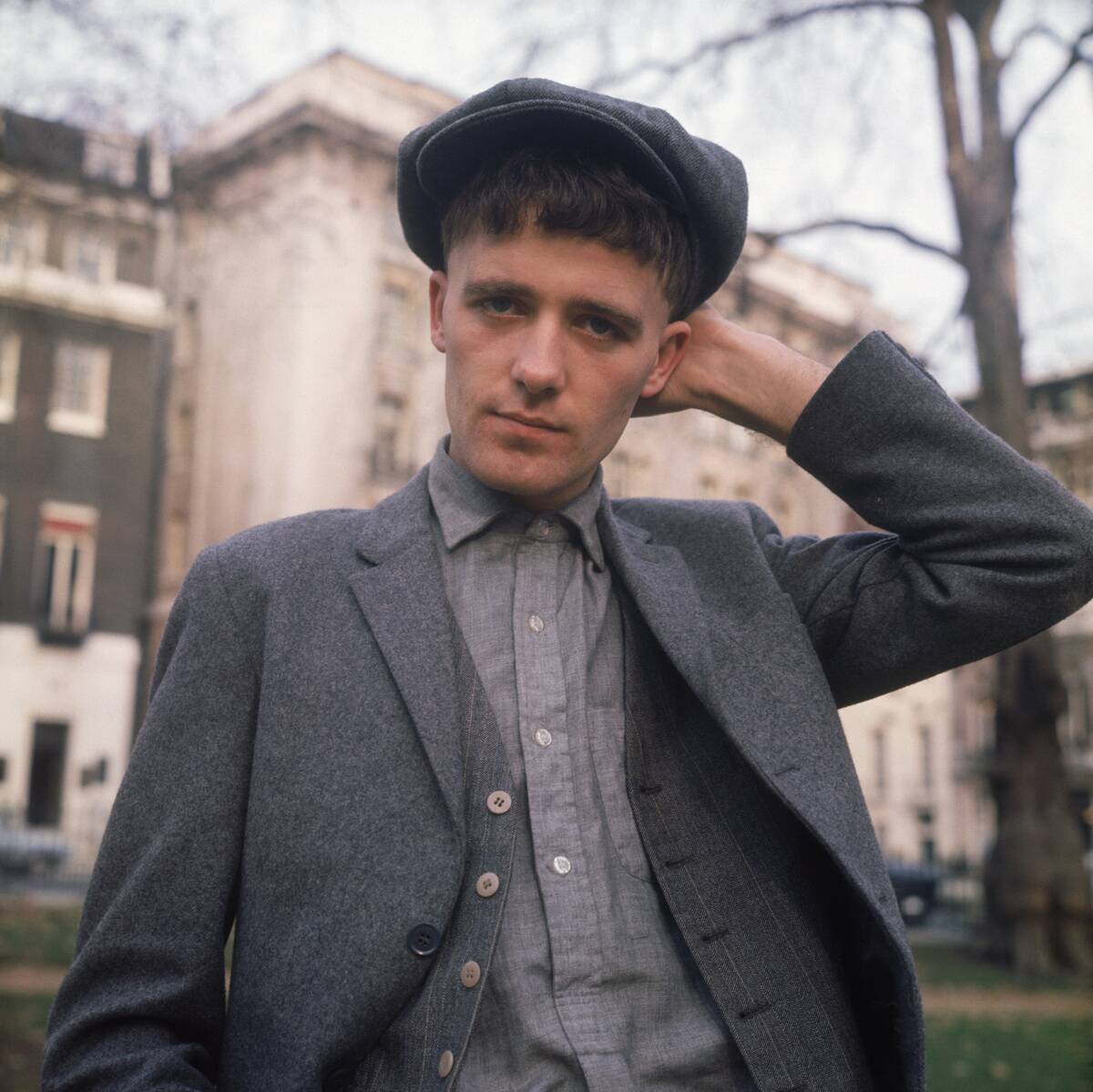
Although Irish singer Gilbert O’ Sullivan’s signature song "Alone Again (Naturally)," is initially about being left at the altar, it delves more into philosophical matters and family traumas as it progresses. This proved moving enough to give O’Sullivan a hit big enough to stay at number one for six non-consecutive weeks in 1972, but the song would also have a peculiar afterlife.
That’s because it has the complicated legacy of effectively killing the golden age of sampling in hip-hop. After O’Sullivan sued Biz Markie for an unauthorized sample of the song, sampling under these circumstances was legally found to constitute copyright infringement for the first time in 1991.
Don McLean – "American Pie"
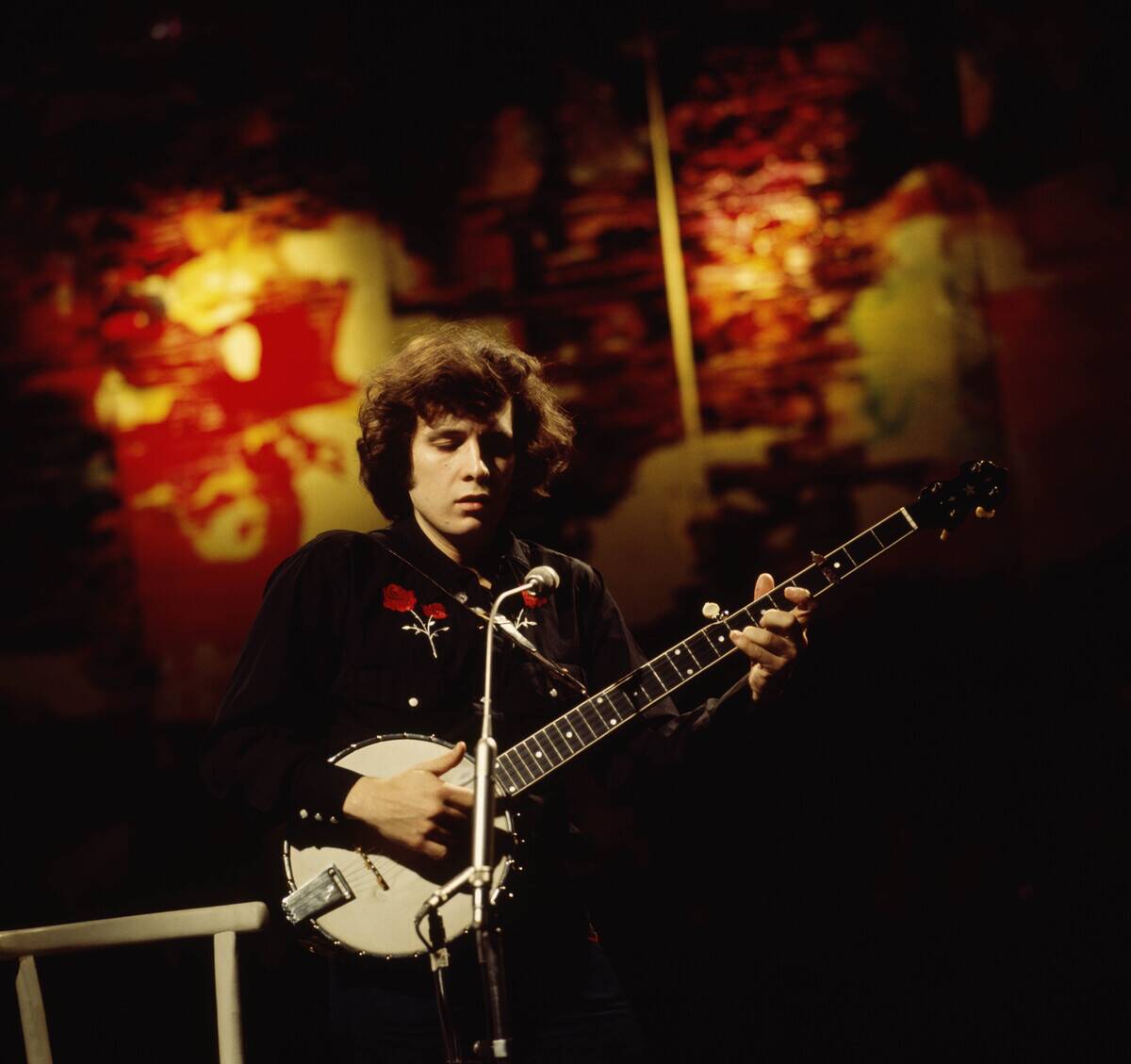
Although not every big hit from 1972 is likely to be remembered forever, Don McLean’s sprawling ode to the death of Buddy Holly and the state of rock and roll afterwards probably has the best chance.
That’s not just because "American Pie" has that catchy chorus or lyrics laden with poetic meaning, but also because McLean was able to make an eight-minute song engaging enough to the public to set a 50-year record for the longest song to hit number one. Even more impressively, it stayed at that spot for four weeks in 1972.
Luther Ingram – "(If Loving You Is Wrong) I Don’t Want To Be Right"
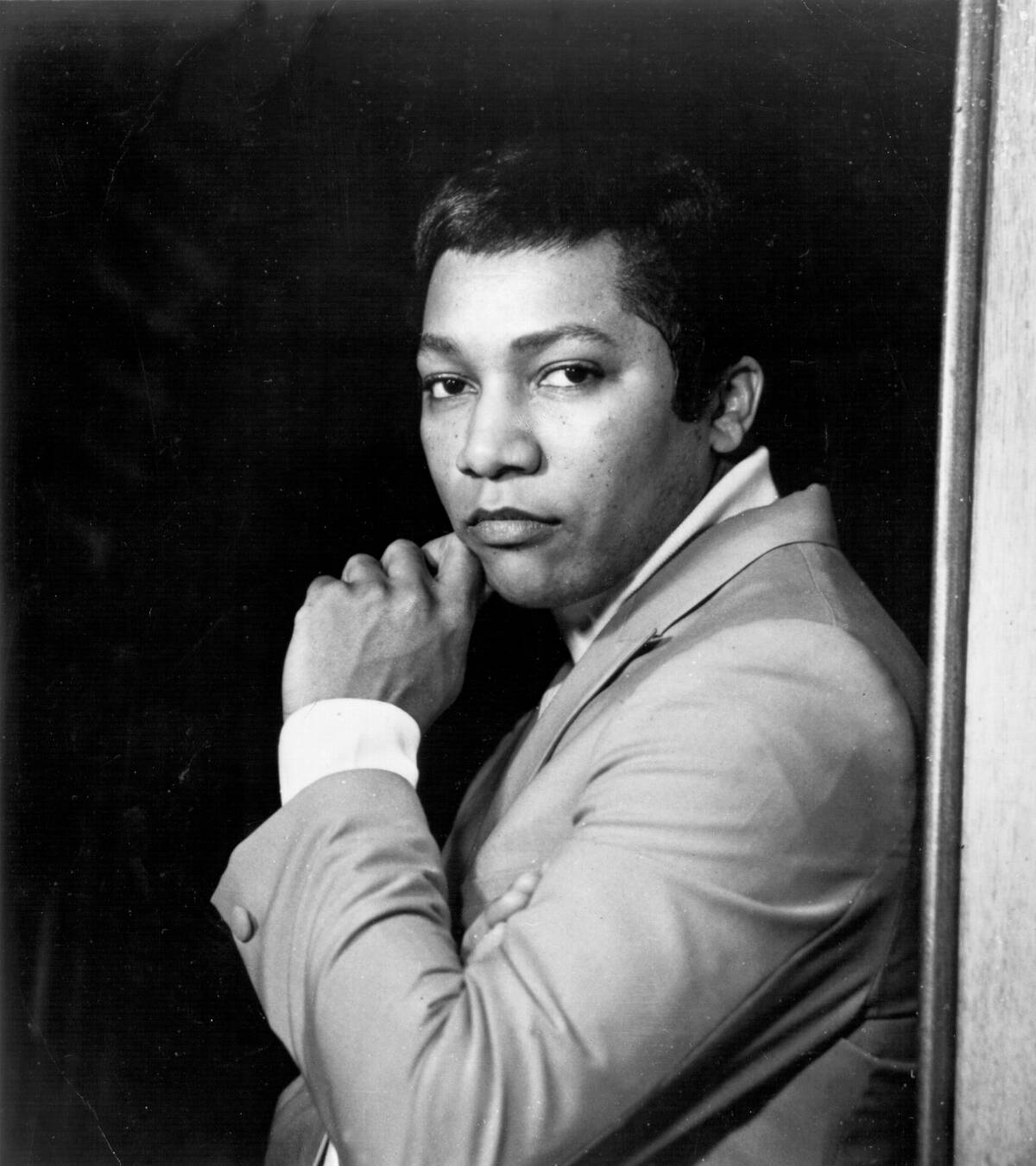
Some songs have a way of living through multiple covers over the years, and its sentiment is strong enough that more than one of them can turn out successful. That’s exactly what happened with "(If Loving You Is Wrong) I Don’t Want To Be Right," a song about adultery that nonetheless spawned a generational catchphrase and resonated big with the public.
Although it was originally written for The Emotions, their version was never released. That makes Luther Ingram’s R&B chart-topping version from 1972 the definitive recording. It reached number three on the Billboard Hot 100, but its staying power on the R&B charts made it one of the biggest songs of the year.
Harry Nilsson – "Without You"
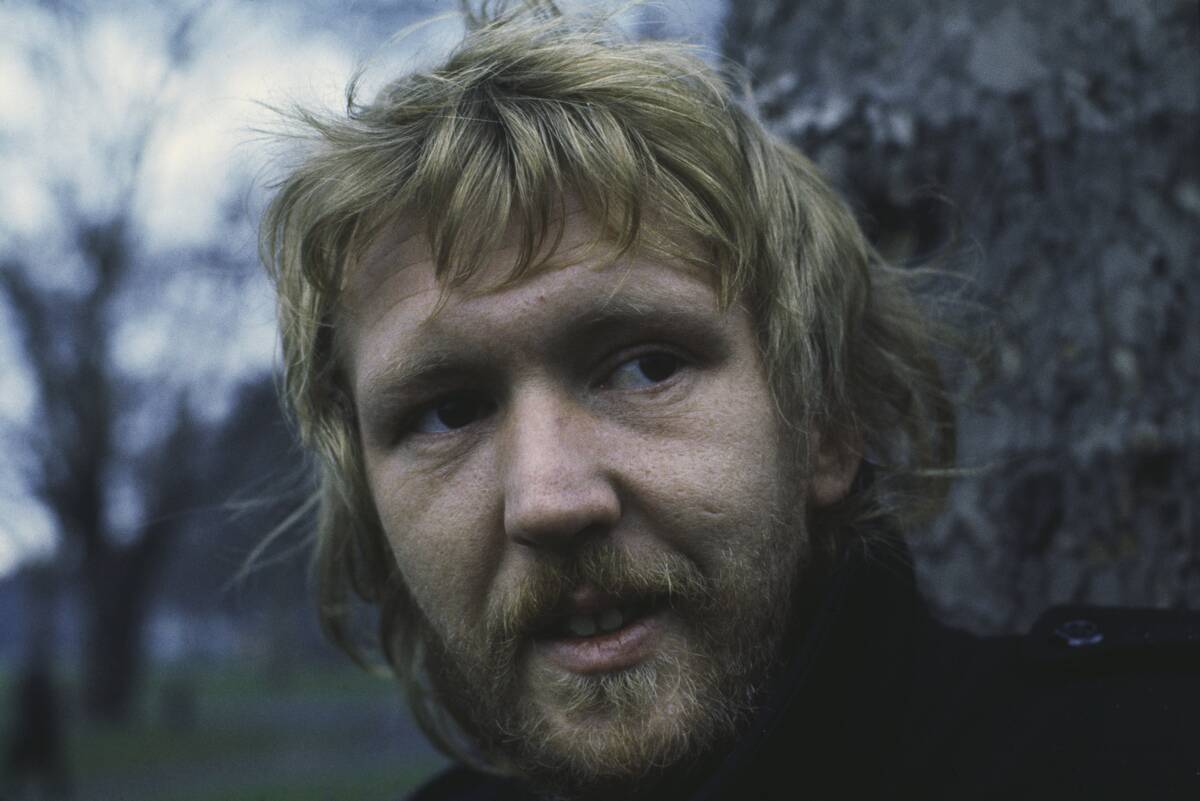
As a singer-songwriter, Nilsson had such an impressive reputation for his work that he was sometimes called "The American Beatle." That’s not just because then-former Beatles like Paul McCartney and John Lennon deeply admired his music, but also because he would form genuine friendships with them.
As such, there’s an irony in the fact that Nilsson’s biggest hit of 1972 was a song he didn’t write. It was originally a deep cut by Welsh band Badfinger but the fuller drama and richer production of Nilsson’s version caught on enough to give him his only number-one hit. It remained at that spot for four weeks.
Sammy Davis Jr. – "The Candy Man"
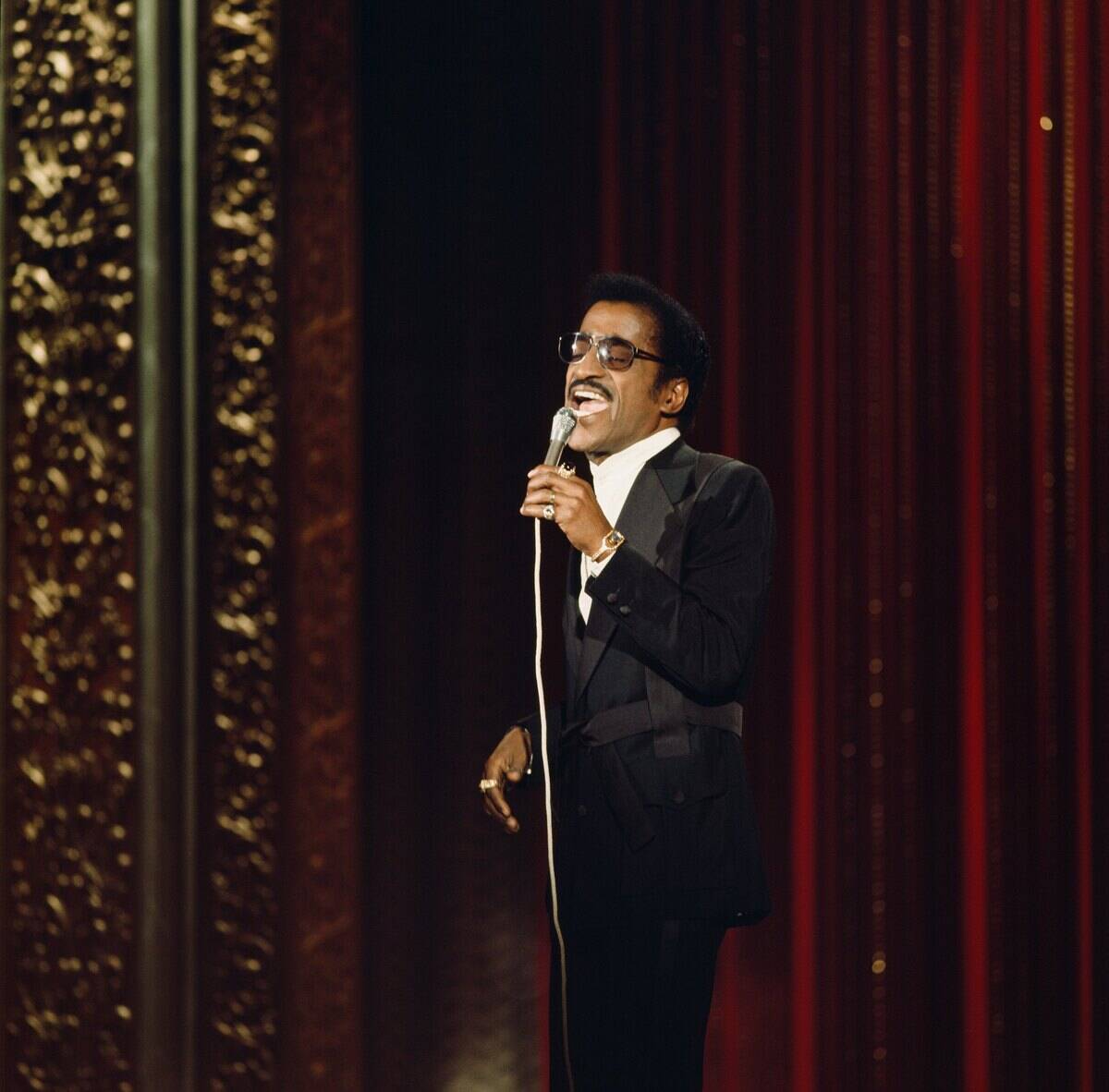
When Anthony Newley wrote the original version of "The Candy Man" that appeared in the movie Willy Wonka and the Chocolate Factory with Leslie Bricusse, he was appalled by how uncommercial the nasally version sung by actor Aubrey Woods was in the movie. He lobbied to record his own version instead, but Woods’ contract was clear that his voice couldn’t be overdubbed.
It turned out that Newley’s instincts on the song’s commercial prospects were correct because Sammy Davis Jr.’s legendary cover would turn out to be his only number-one hit. Although he reportedly had no hope for his version’s success at all, it spent three weeks at number one.
The Stylistics – "Betcha By Golly, Wow"
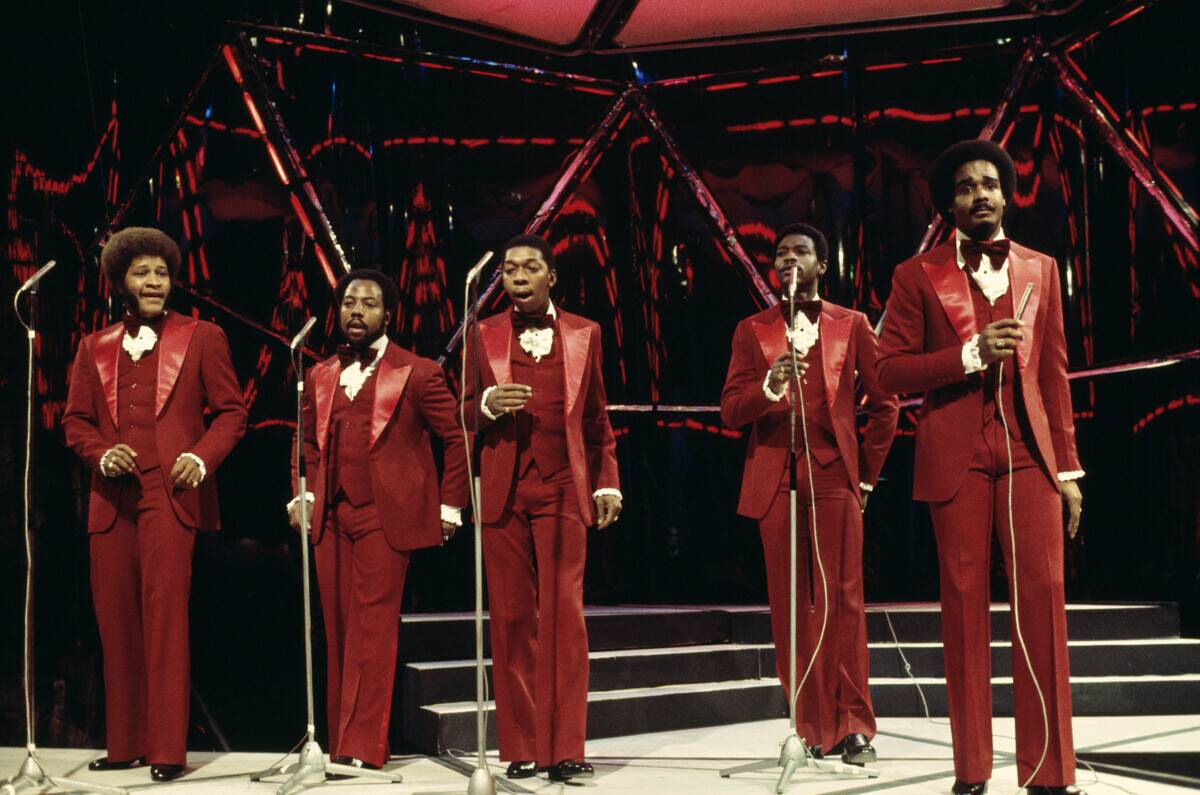
If "Betcha By Golly, Wow" seems like a strange title, it’s because that wasn’t originally what the song was called. Originally written for actress and singer Connie Stevens in 1970, the song was originally titled "Keep Growin’ Strong," which describes the love the singer has for their sweetheart.
However, it didn’t become a hit until the R&B group The Stylistics recorded their own version in 1972 and the line "’Cause betcha by golly, wow/You’re the one I’ve been waiting for forever" seemed to resonate with the group more than the original title. Indeed, it seemed to resonate more with the public as well since it went to number three on the Billboard Hot 100 and number two on the R&B charts.
Joe Tex – "I Gotcha"
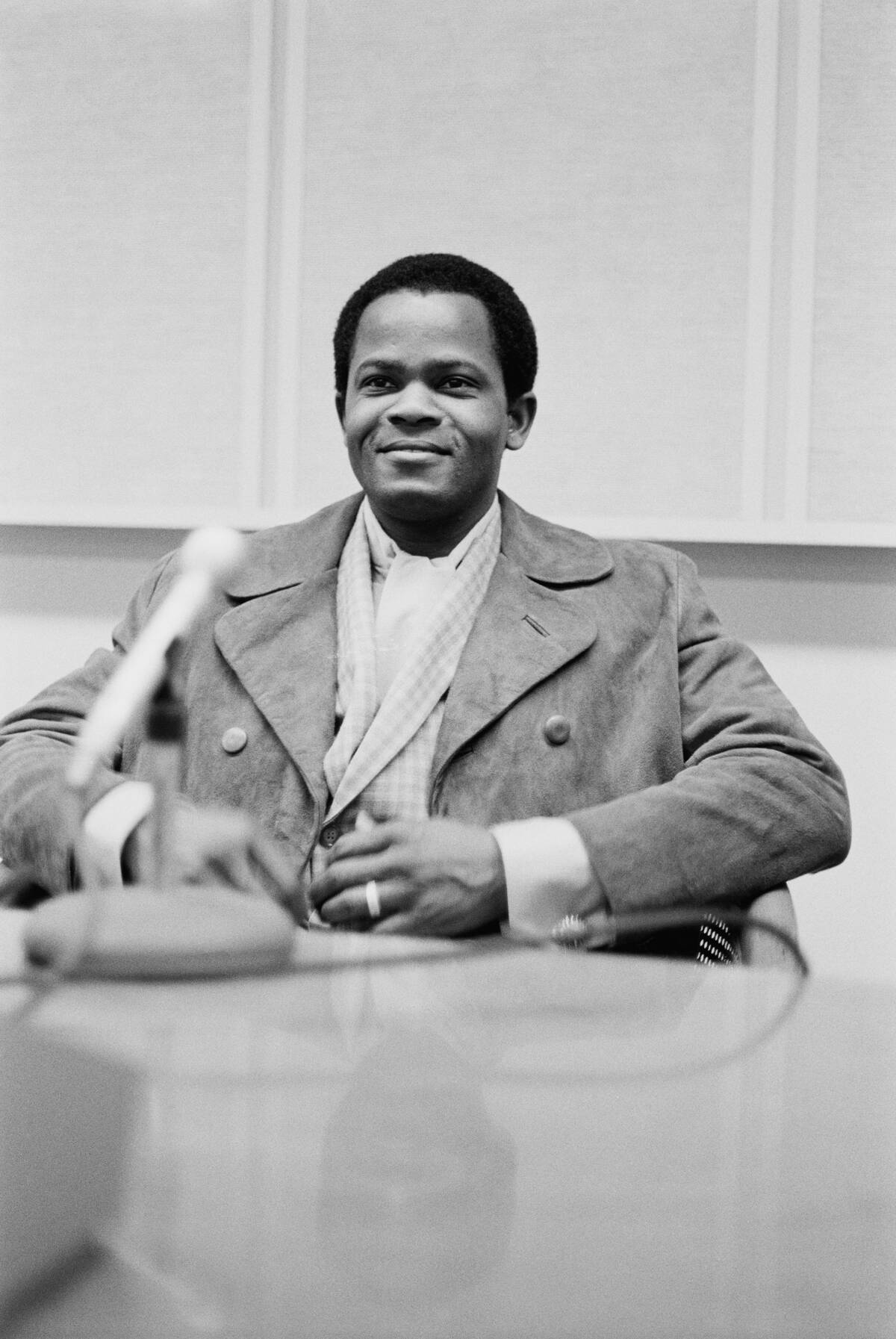
Although Joe Tex had originally intended to write "I Gotcha" for soul singer King Floyd, he got the instinct to record it himself. Although he didn’t release the results for several years and re-recorded it in 1971, those instincts turned out to serve him well because he had a bigger hit on his hands than he expected.
Tex had intended the song as a B-side, but radio DJs found they liked it so much better than the A-side that "I Gotcha" provided Tex with his first major hit in five years. It peaked at number two for two weeks, as it was blocked from the number-one spot by Roberta Flack’s version of "The First Time Ever I Saw Your Face."
Bill Withers – "Lean On Me"
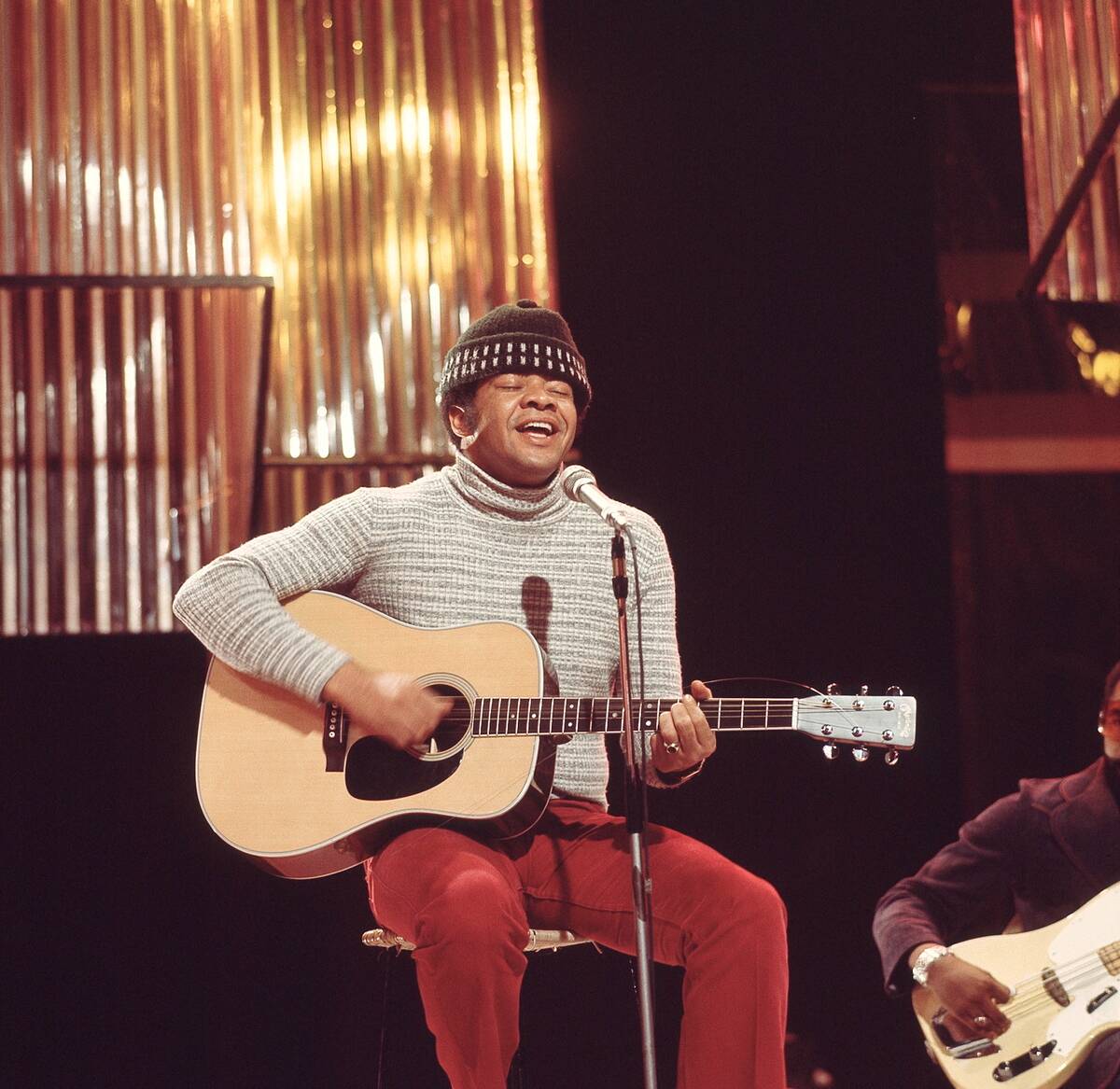
Although classic soul man Bill Withers spent less time in the music industry than it may seem in retrospect, he had the uncanny knack to release multiple hits that all achieved timeless longevity. Perhaps one of his most beloved and precious is the comfort and togetherness anthem "Lean On Me."
From its uplifting chorus to its sing-along interlude, the passion and wholesome sentiments of the song warmed the hearts of Americans everywhere. Not only does that show in its three-week run at the top of the Billboard Hot 100 but also in the fact that even a cover of Lean On Me has matched that success.
The Staple Singers – "I’ll Take You There"
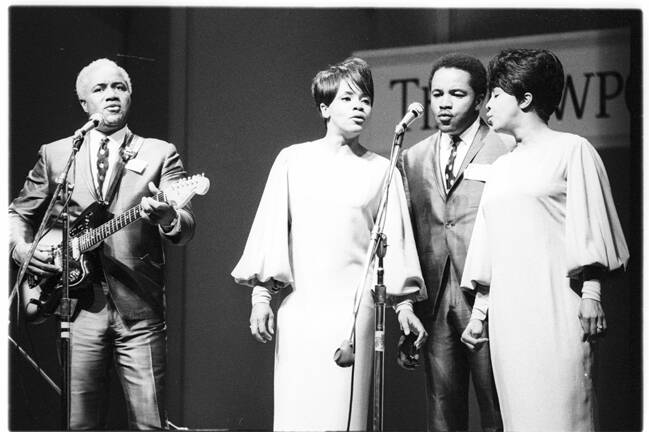
Although the soulful jam of "I’ll Take You There" can get pretty funky, it’s also a a song with strong spiritual messaging, as it doesn’t take much puzzling to figure out that the idyllic place the Staple Singers pledge to take us is Heaven.
Partially due to its groovy instrumentation and its civil rights optimism, "I’ll Take You There" is one of the best-selling gospel songs of all time. That shows in its chart performance, as it reached number one on the Billboard Hot 100, the Cash Box chart and the R&B singles chart all at once.
Mac Davis – "Baby Don’t Get Hooked On Me"
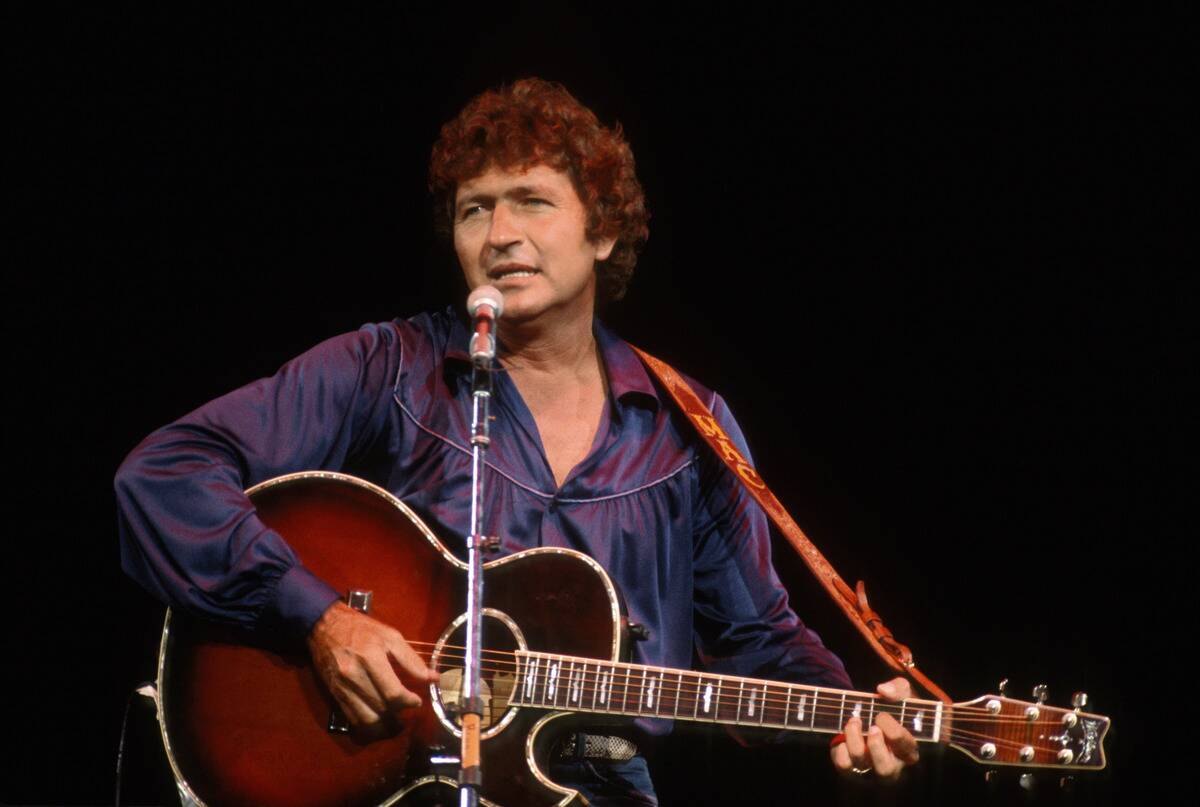
When the fledgling singer-songwriter Mac Davis was trying to get his career off the ground, his biggest edict from his record company was that he needed to write a song with a hook. Although they likely didn’t mean it quite so literally, "Baby Don’t Get Hooked On Me" fit the bill better than they could have hoped
That’s because the country-pop tune ended up staying at number one on the Billboard Hot 100 for three weeks and topping the Easy Listening chart for the same length of time. Amusingly, he also got a chance to sing it on The Muppet Show.
Melanie – "Brand New Key"
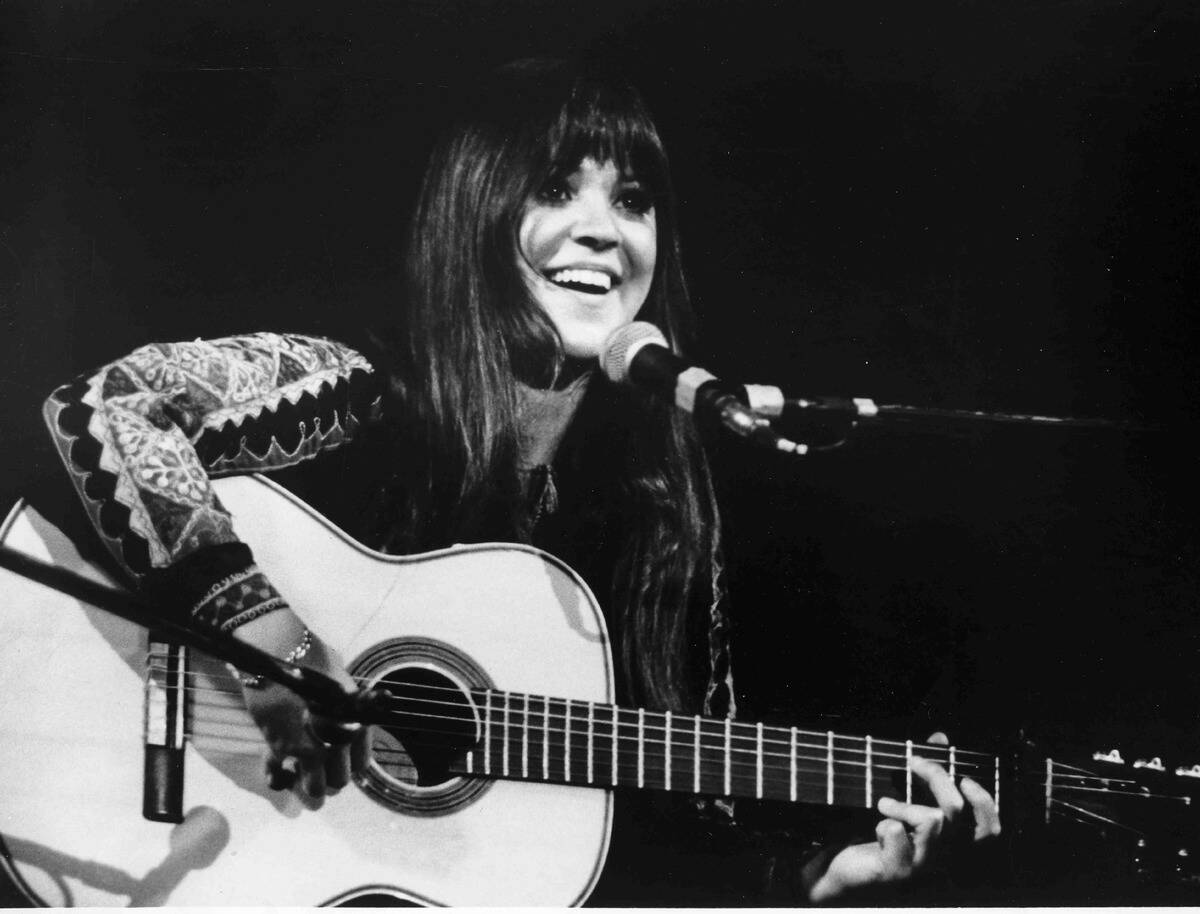
Although Melanie would also be known for the rousing Woodstock-inspired anthem "Lay Down," it’s fair to say that the more twee and innocently cute ditty "Brand New Key" is considered the singer-songwriter’s signature track.
Inspired by the joy she felt in indulging herself after embarking on a 27-day fast, Melanie channelled this sentiment into a sweet song about a young girl trying to a attract a boy’s attention with her brand new roller skates. It was number one for three weeks but wasn’t considered a bigger hit of 1972 because at least one of those weeks was in 1971.
Michael Jackson – "Ben"
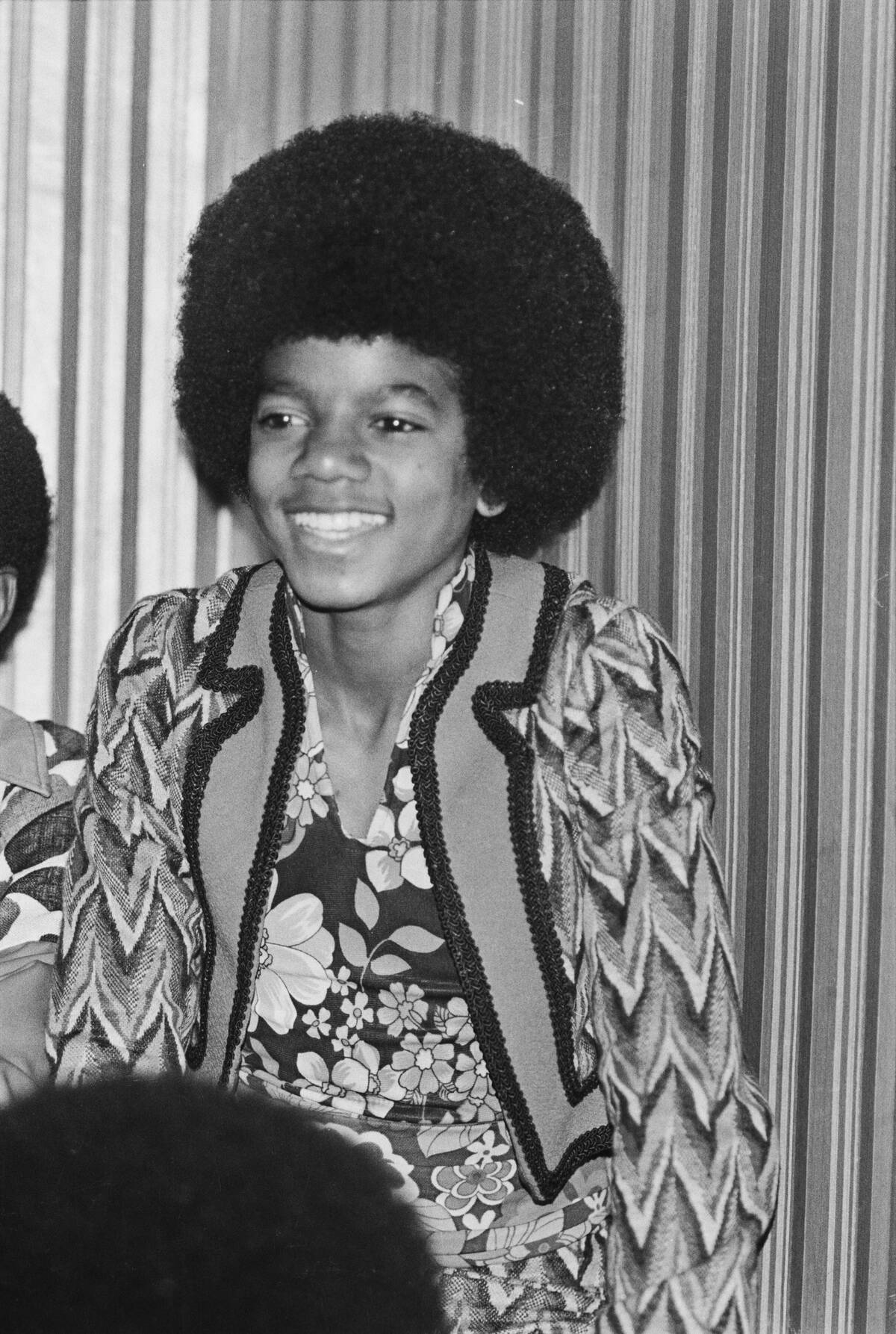
Although the Jackson 5 had already proved themselves hitmaking titans by 1972 and young Michael Jackson was clearly the biggest factor in their success, that year also gave the future king of pop his first real taste of solo success. Oddly, it was for a soulful ballad to a rat named Ben, who was the title character of a spin-off film originating from the 1971 killer rat movie, Willard.
Apparently, Donny Osmond was originally supposed to record this, but scheduling conflicts led the song’s writers to offer it to Jackson instead. Once the 14-year-old lent his legendary voice to it, he became one of the youngest people in history to have a solo number-one hit.
Wayne Newton – "Daddy Don’t You Walk So Fast"
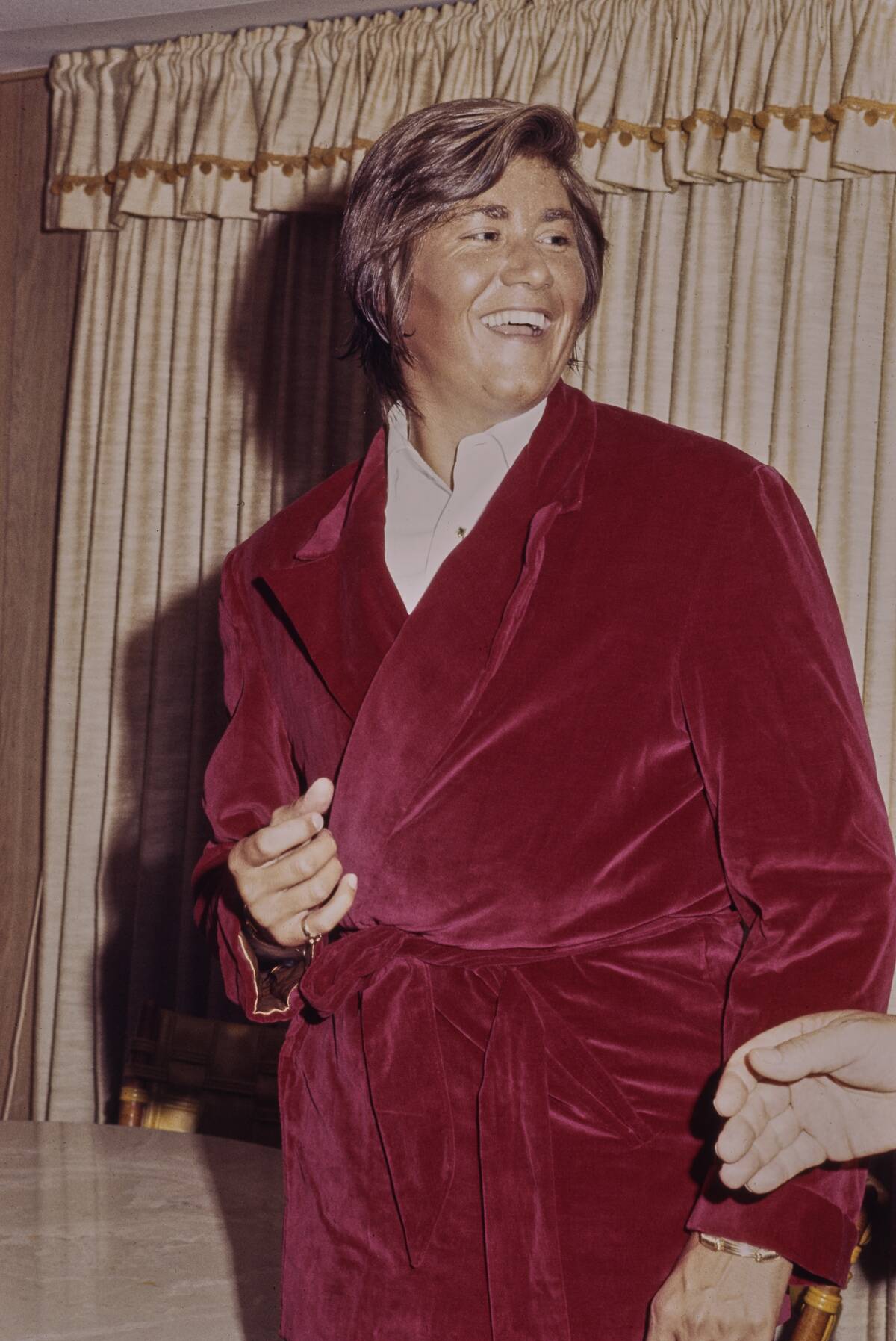
Through his decades of successful residencies there, Wayne Newton has long developed a reputation as "Mr. Las Vegas." Yet, back when he was just beginning to make the desert city his kingdom, Newton was also a figure of national renown in the entertainment industry.
Although Newton had multiple Top 40 hits between 1963 and 1980, only "Daddy Don’t You Walk So Fast" was able to break through the Top Ten in 1972. A song about a man reconsidering divorce after his daughter says the title phrase to him, "Daddy Don’t You Walk So Fast," peaked at number four during its 20-week run on the Billboard Hot 100.
Robert John – "The Lion Sleeps Tonight"
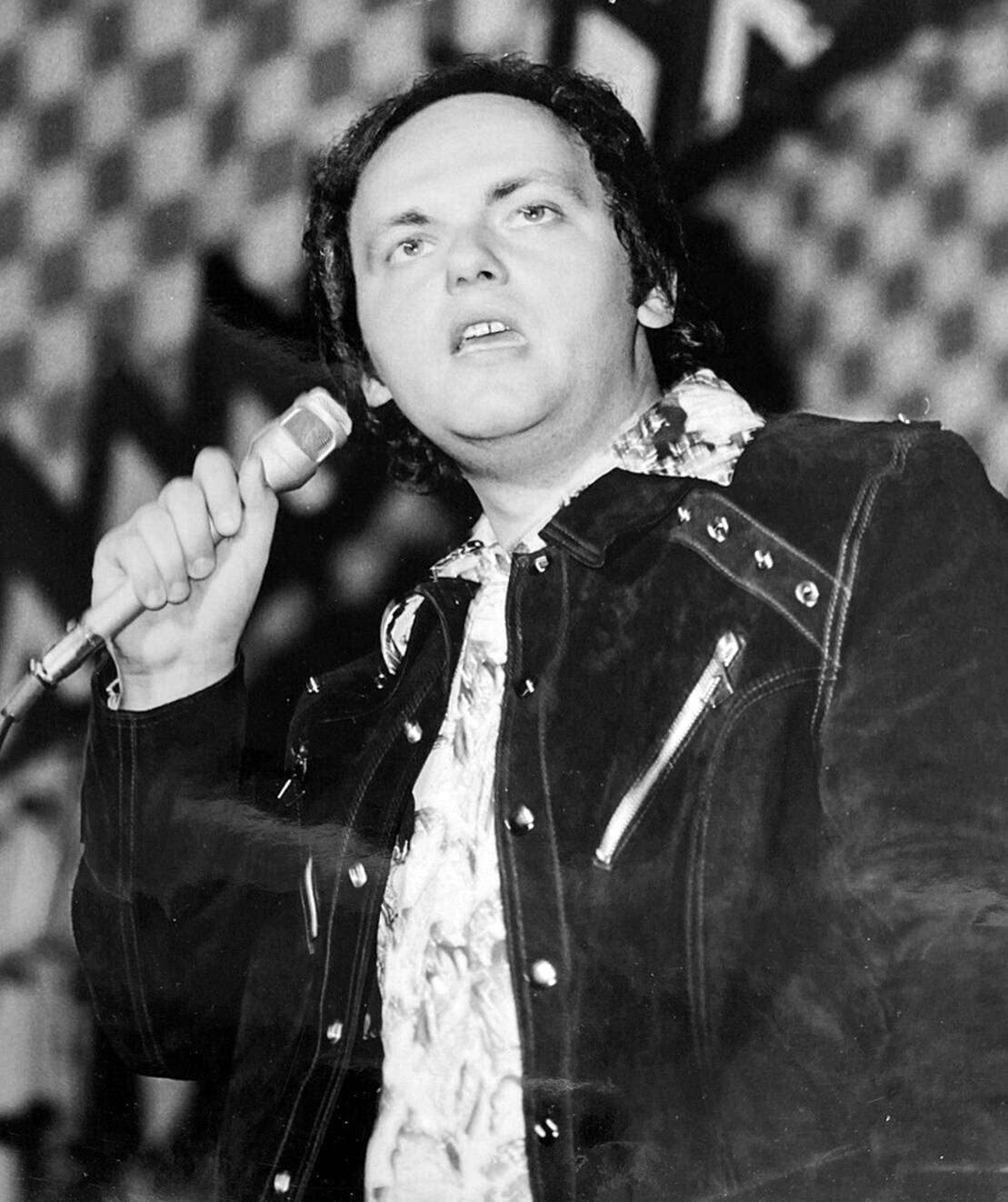
"The Lion Sleeps Tonight" is one of those songs that feels like it’s always existed and since the original version was recorded in 1939, that’s admittedly for almost everyone living today. Yet while the chart-topping version by The Tokens from 1961 is now the most well-known version of the song, it’s not the only one to have found success.
In 1972, Robert John recorded a fairly similar version to The Tokens, but people at the time were just as excited to hear it as they had been a decade earlier. Indeed, John’s version wouldn’t have made it to number three on the Billboard Hot 100 and number two on the Cash Box chart if they weren’t.
Billy Preston – "Outa-Space"
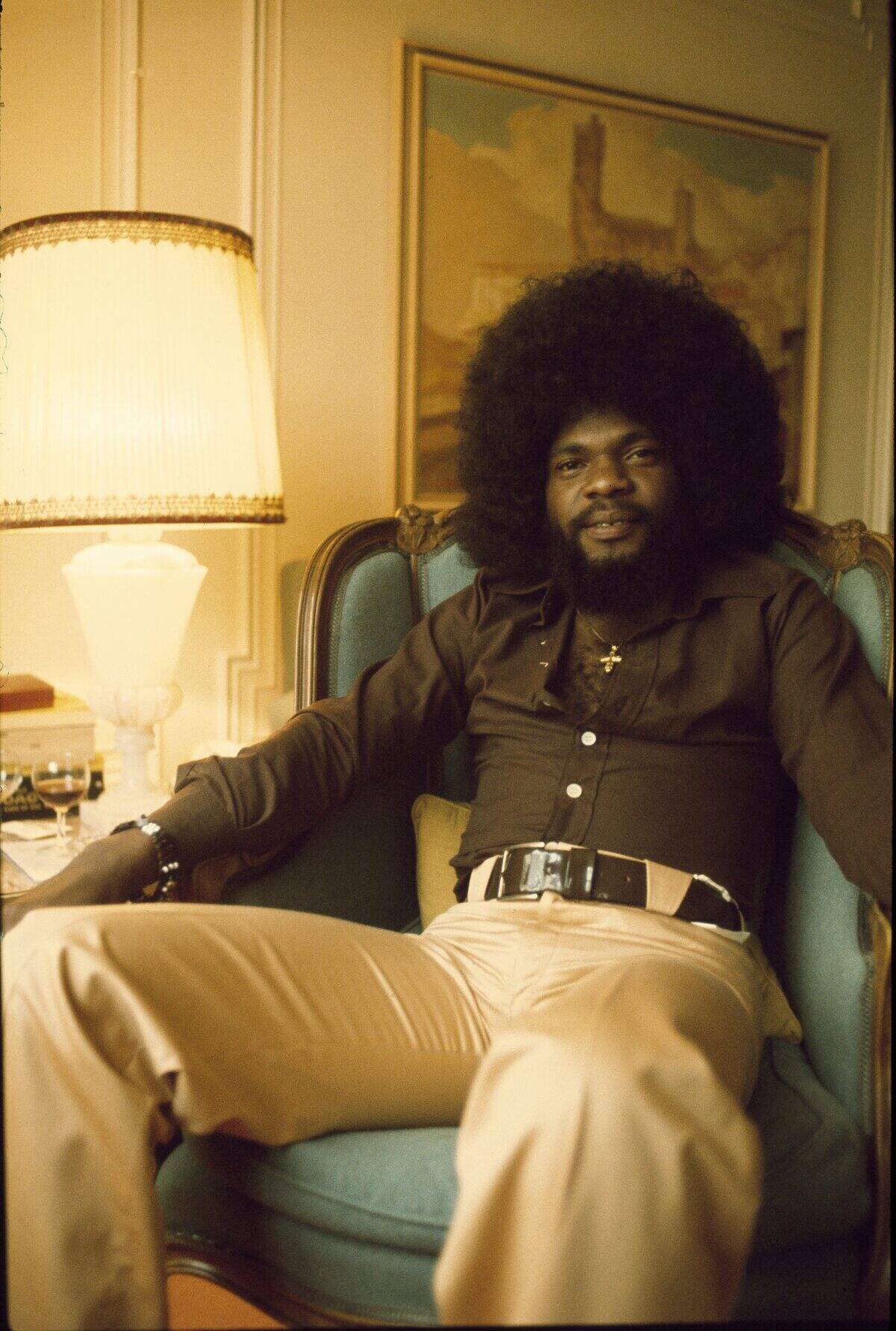
Although Billy Preston may have been able to join The Beatles if they weren’t already on the verge of collapse by 1970, the success he achieved on hiss own made it clear he didn’t need them. As it turned out, Preston also proved he had better hitmaking instincts than his label, A&M, with the release of the funky, psychedelic instrumental "Outa-Space."
He was sure it would be a hit but the label wasn’t convinced and made it the B-side for another track called "I Wrote A Simple Song." Yet, while the A-side stalled at number 77, radio DJs preferred "Outa-Space" to such an extent that it reached number two ande was only kept out of the top spot by Bill Withers’s "Lean On Me."
Al Green – "Let’s Stay Together"
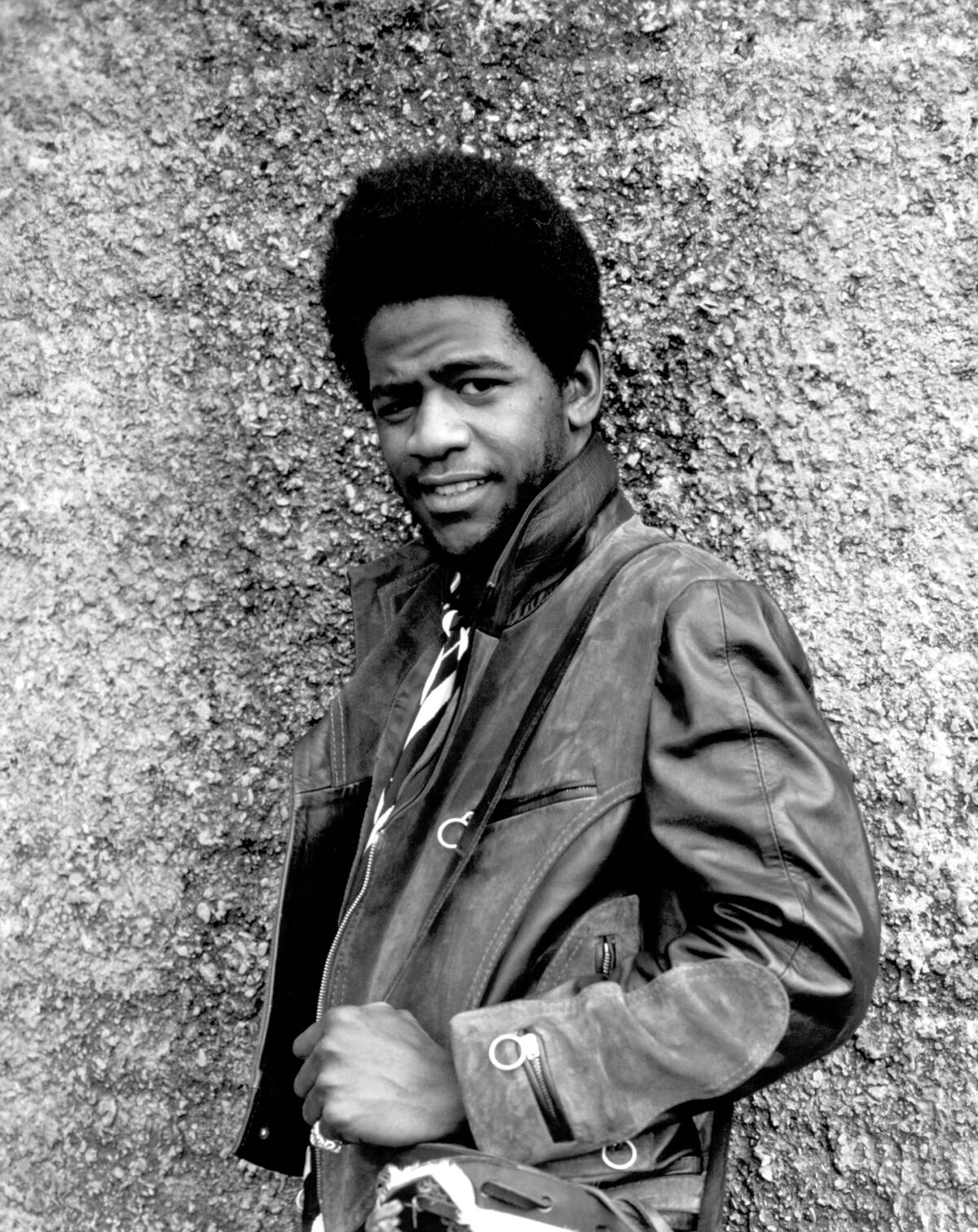
It seems that 1972 was a particularly tough year for couples to stay together, as two songs convincing them to do so were some of the year’s biggest hits. The one that’s since had the more significant afterlife, however, is Al Green’s soul classic, "Let’s Stay Together."
In addition to reaching number one for a week in 1972, the song would also inspire a successful cover by Tina Turner (ironically, as a solo outing) and even become culturally significant enough in the decades since to warrant selection in the Library of Congress’s National Recording Registry in 2010.
Looking Glass – “Brandy (You’re a Fine Girl)”
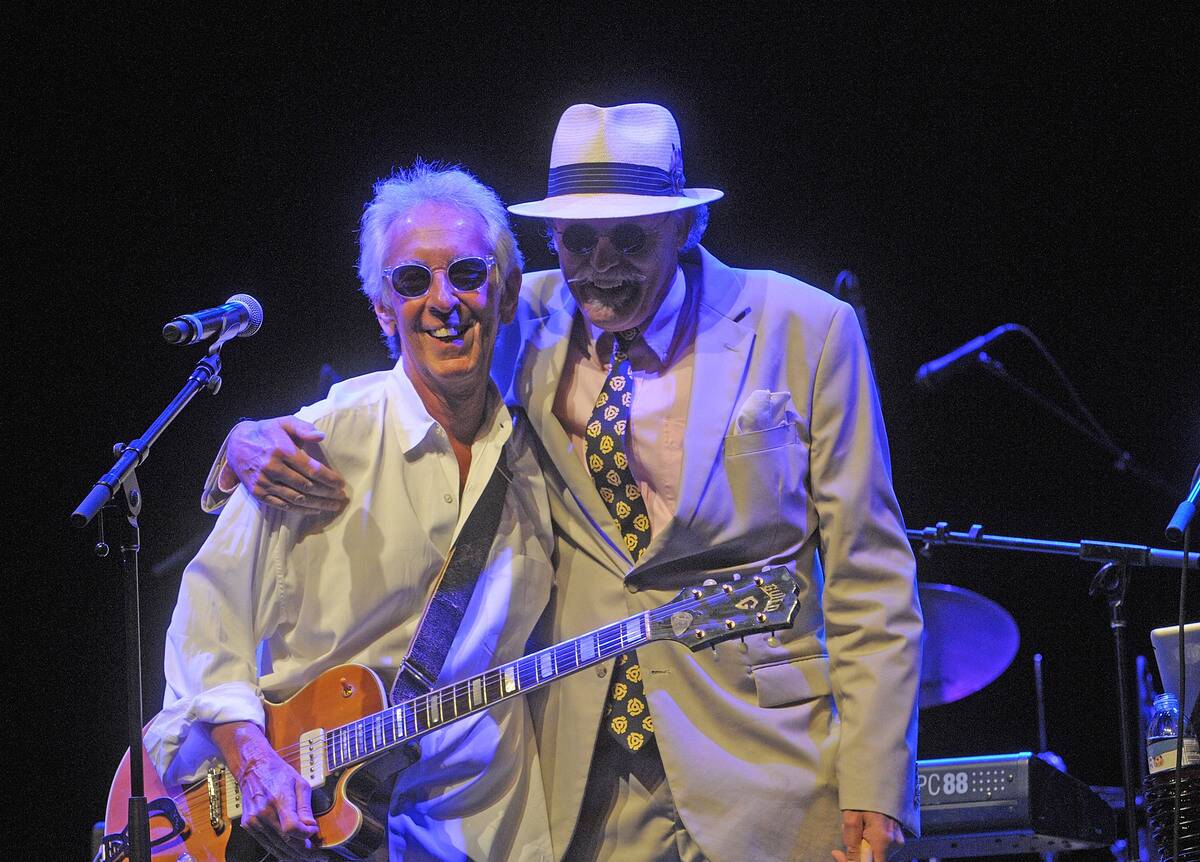
While it’s an endlessly sunny feel-good hit of the early ’70s, those who don’t remember when the Looking Glass song “Brandy” came out are more likely to have heard it from Guardians Of The Galaxy Vol. 2. In fairness, that’s likely because Looking Glass didn’t have much time to shore up their legacy.
Although they landed at the top of both Billboard’s Hot 100 and Cash Box charts with “Brandy,” the New Jersey pop band would soon discover that it would be their first and last major hit single. Although most of the acts that notched huge hits in 1972 couldn’t be described as one-hit wonders, Looking Glass was the biggest exception.
War – “Slippin’ Into Darkness”
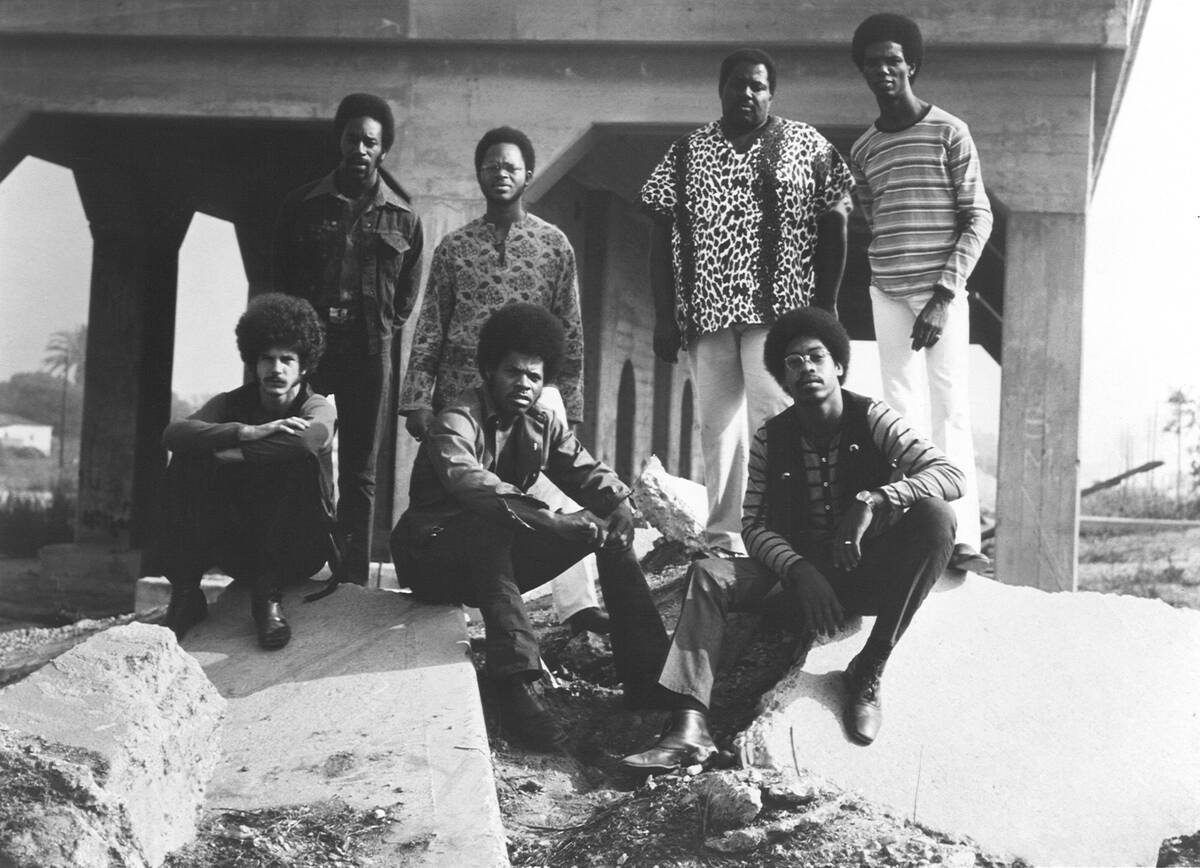
Although War was a very funky band who knew their way around some enjoyable grooves, their name was also pretty telling about how dark their subject matter could get. Indeed, one of their biggest hits from 1972, “Slippin’ Into Darkness” dealt with the serious mental issues than can result after the loss of a loved one.
Perhaps for that reason, it was never the highest charting single during its run, as it peaked at number 16 on the Billboard Hot 100 and number 13 on the R&B chart. However, it nonetheless became one of the biggest songs of 1972 by staying on the charts for 22 weeks, which was longer than some songs with higher peaks.
The Hollies – “Long Cool Woman In A Black Dress”
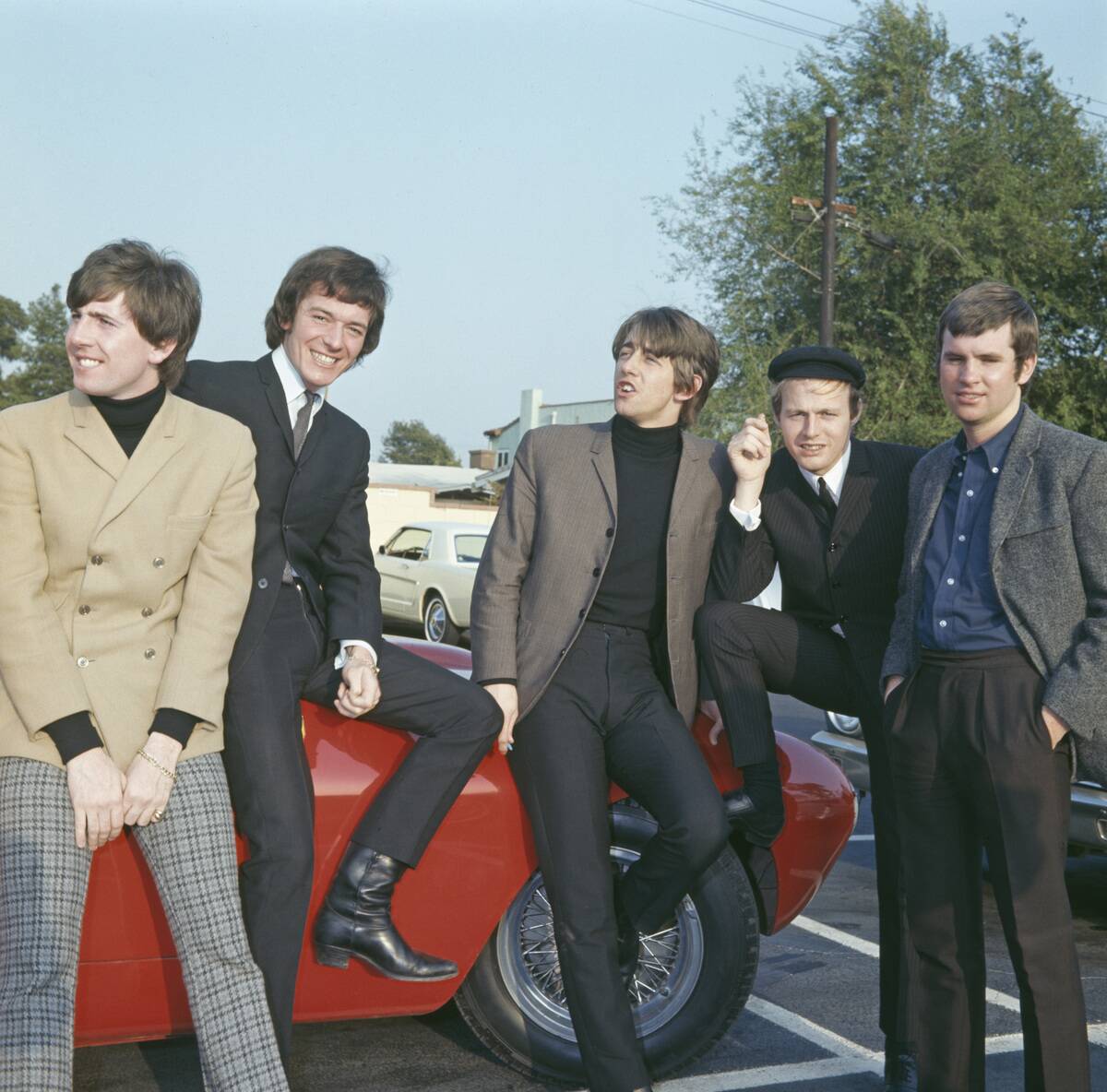
Although the song “Long Cool Woman In A Black Dress” had originally appeared on the Hollies’ 1971 album Distant Light, the band also decided to release the exciting tale of an FBI agent rescuing the titular woman from a gunfight in a speakeasy as a single in 1972.
Indeed, this turned out to be a prudent move, as the single would end up selling 2 million copies around the world and reached number two on the Billboard Hot 100. That said, those impressive sales were reflected in the song’s number-one spot on the organization’s now-defunct Cash Box chart.
Mouth & MacNeal – “How Do You Do”
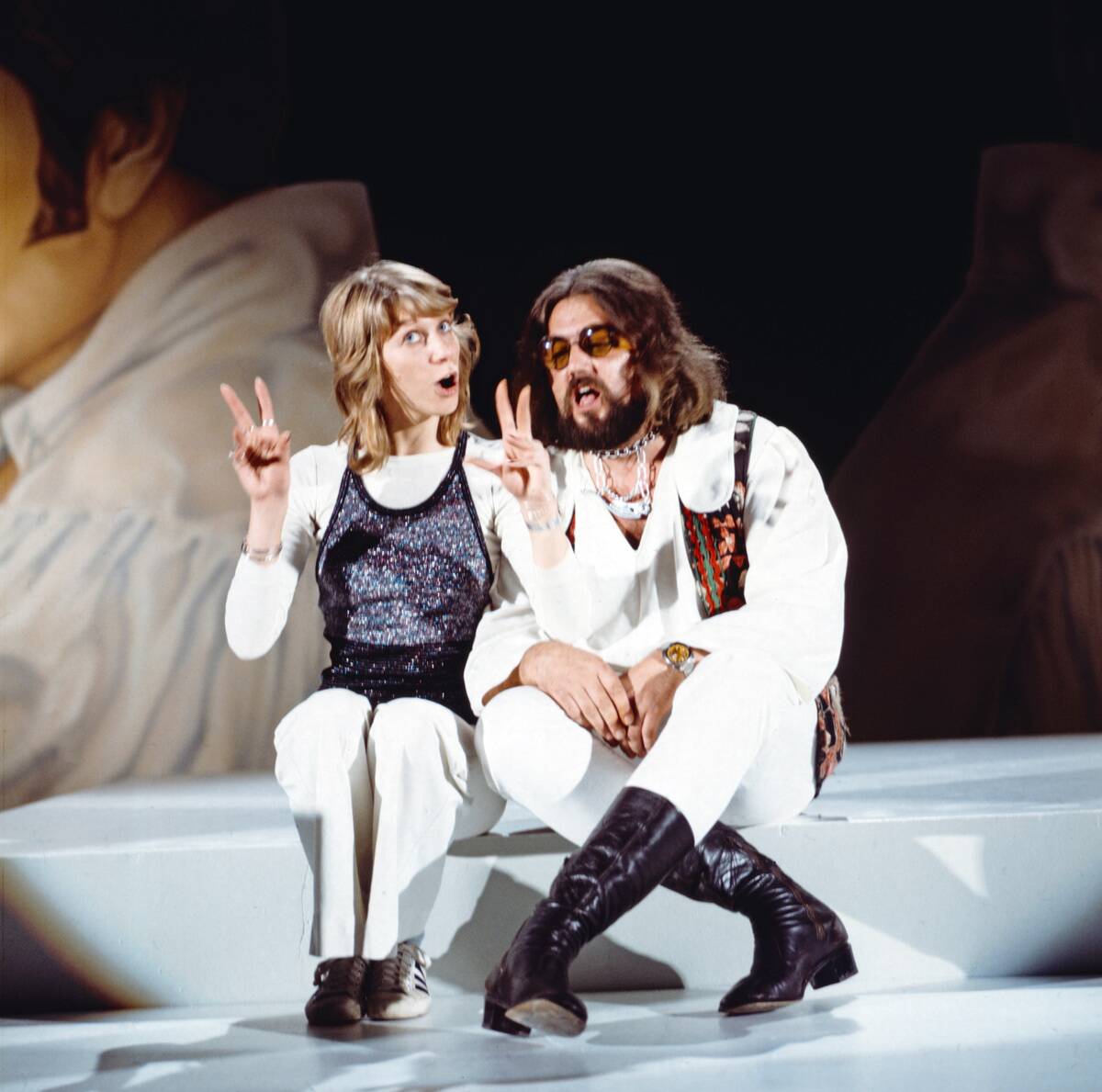
Mouth & MacNeal were a Dutch duo with a brief tenure together in the early-to-mid 1970s, but they logged a pretty massive international hit in that time. “How Do You Do” was released in 1971 and by the time the year was out, it made it to number one in the Netherlands, New Zealand, Belgium, Denmark, and Switzerland.
However, it took a little longer to reach chart success in America, as its 19-week run on the Billboard hot 100 didn’t begin until 1972. Although it didn’t quite fare as well in the United States as it did in other countries, “How Do You Do” nonetheless reached number eight.
The Chi-Lites – “Oh Girl”
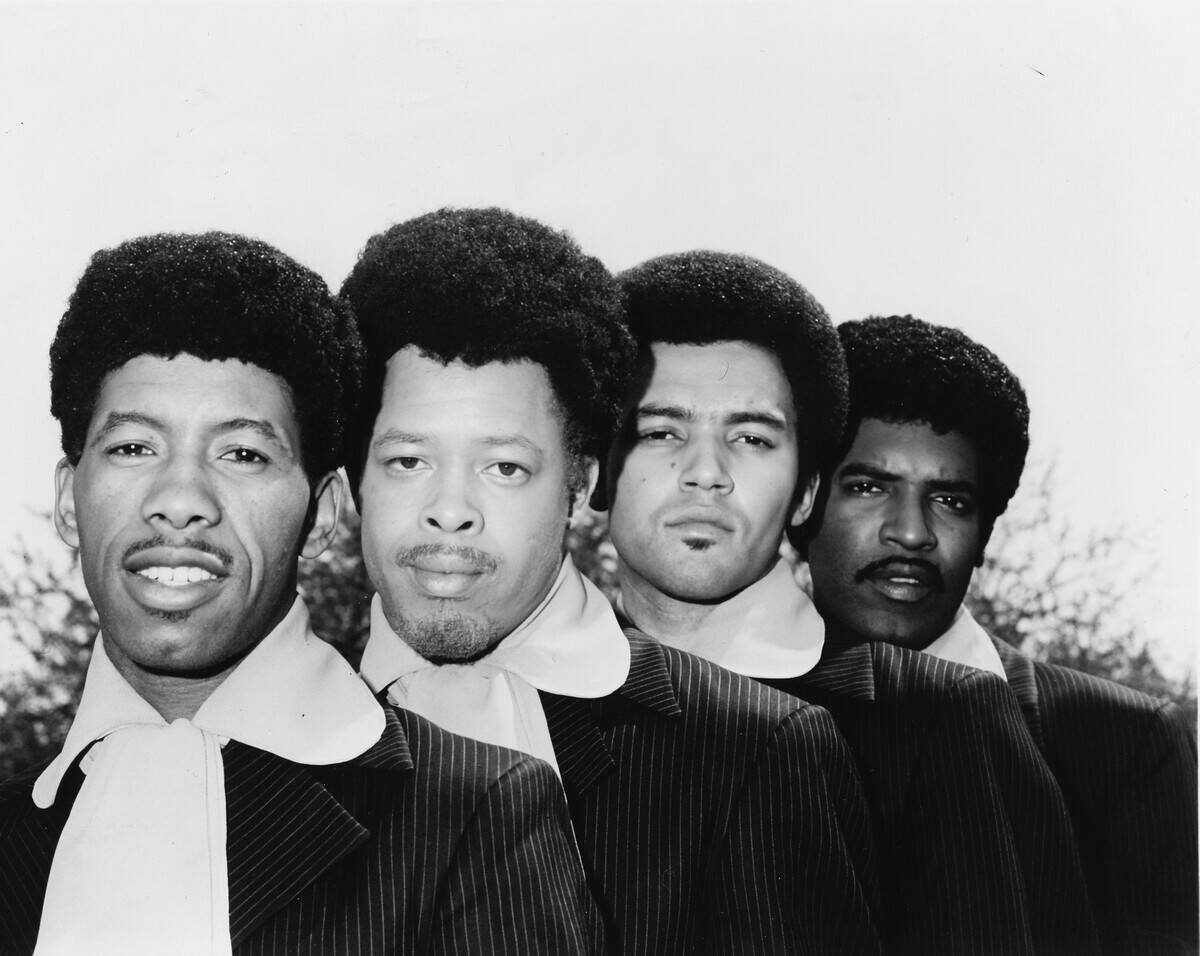
As their name would suggest, the R&B vocal quarter The Chi-Lites were from Chicago and enjoyed a respectable long-term career together as fixtures of the ’70s soul scene. Yet, while they had more than one top-ten single, only “Oh Girl” had the distinction of making it to number one.
“Oh Girl” depicts a couple on the verge of breaking up and stood out from other soul songs at the time for prominently featuring a harmonica. Although it spent just one week at number one on the Billboard Hot 100, the song would have another week in the sun atop the R&B Singles chart.
Gallery – “Nice To Be With You”
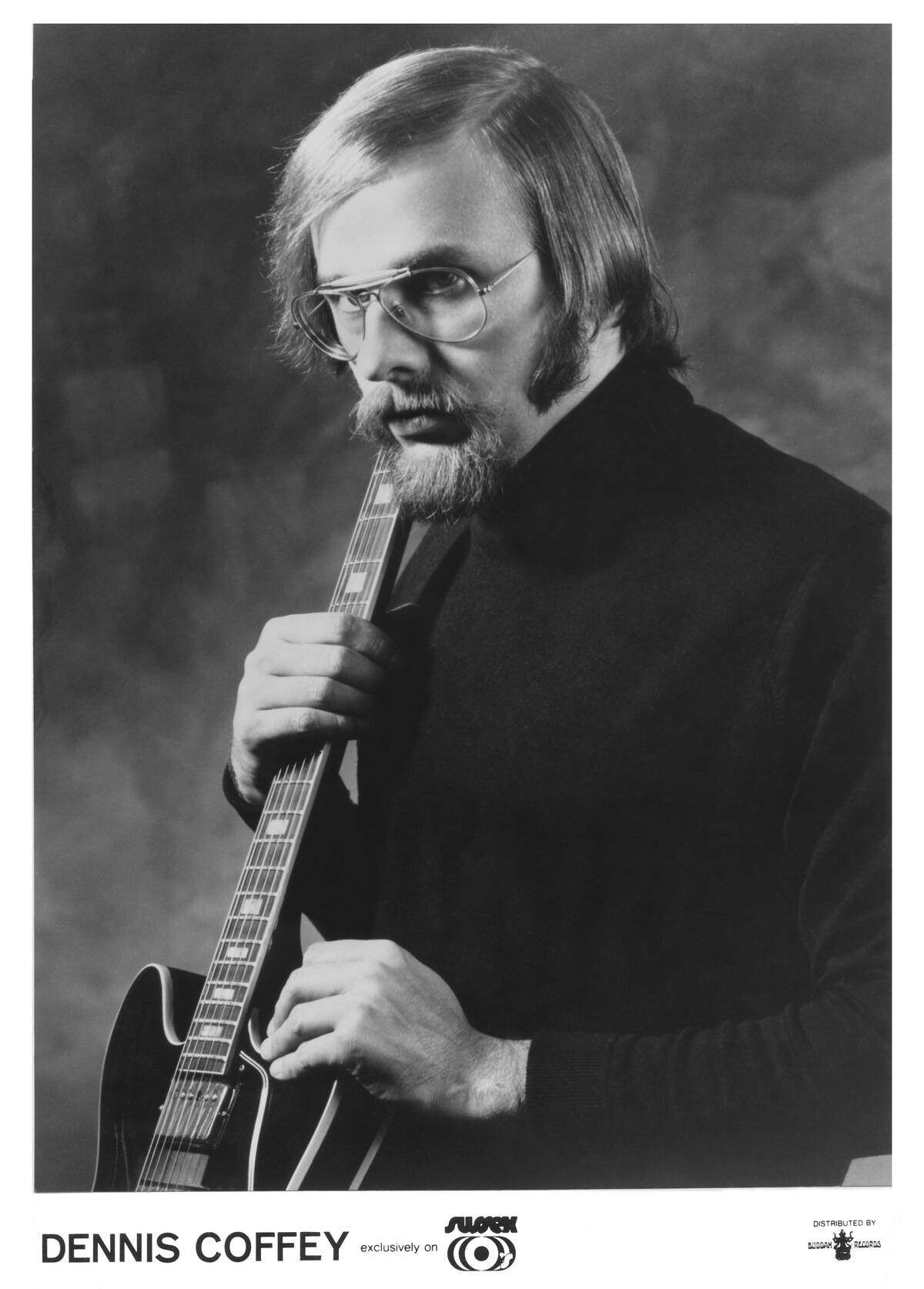
For those who don’t remember the band Gallery, it’s likely because they were only active for a few years before completely disbanding in 1974. Yet, in that time, veteran musicians like Jim Gold and Dennis Coffey (pictured) briefly found reason to see Gallery as a promising prospect.
However, even their success had an unfortunate undercurrent to it, as their hit song “Nice To Be With You” was rated “lousy” on Dick Clark’s American Bandstand right as it entered the charts. Nonetheless, it was able to reach number four on the Billboard Hot 100, while also reaching number one on the organization’s former Cash Box chart and in Canada.
Chuck Berry – "My Ding-A-Ling"
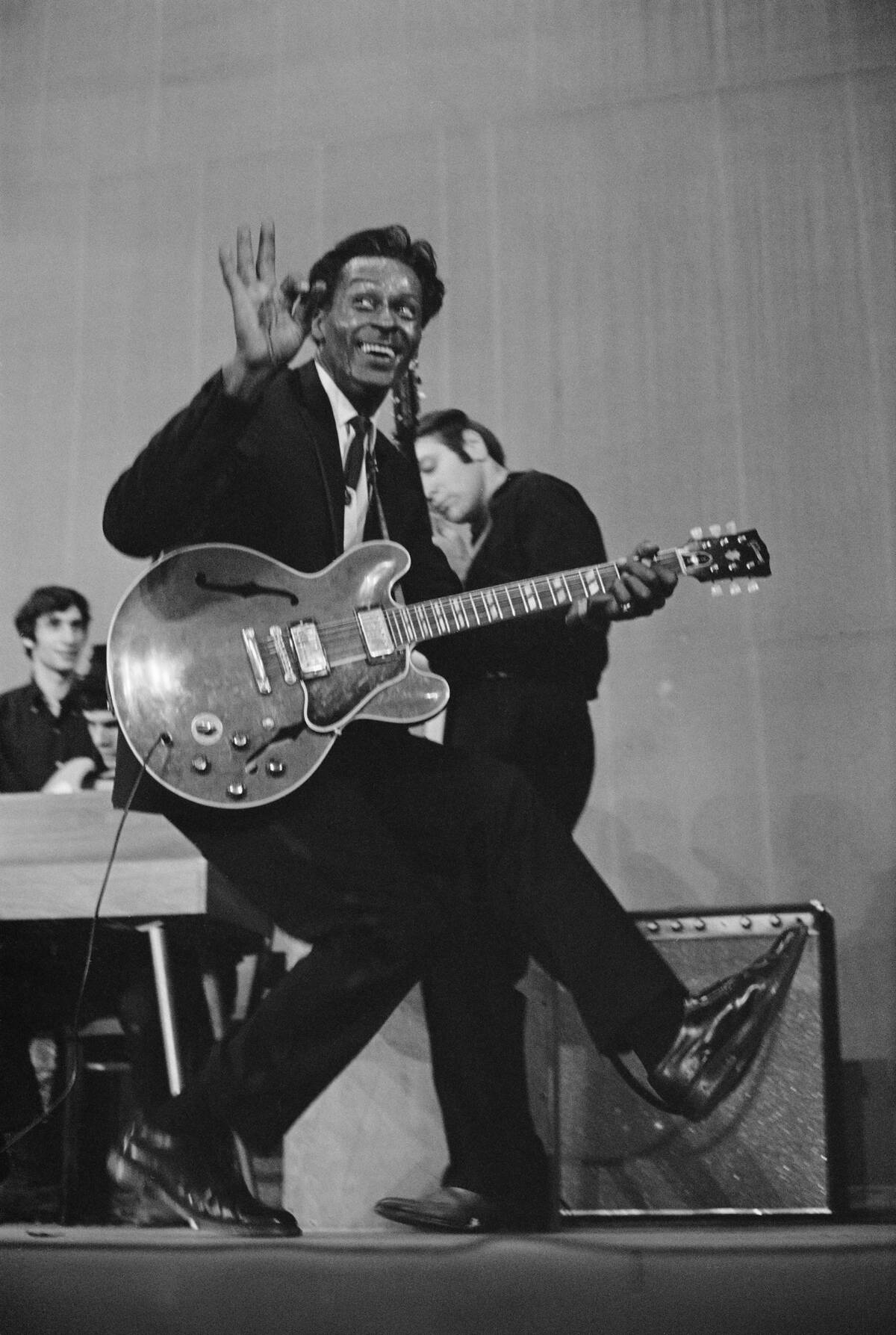
Despite the fact that Chuck Berry practically invented rock and roll, he was surprisingly light on hits during his time in the spotlight, receiving more accolades from other musicians than chart success. Nonetheless, he was able to achieve three top-ten hits in 1958, 1964, and 1972.
However, perhaps the saddest part of his legacy is the fact that his sole number-one hit isn’t "Johnny B. Goode," No Particular Place to Go," or "Run Rudolph Run." Instead, it’s a cover of a phallocentric novelty song by Dave Bartholomew called "My Ding-A-Ling." It’s unclear what led Berry to perform it, but it would end up staying at the number-one spot for two weeks.




